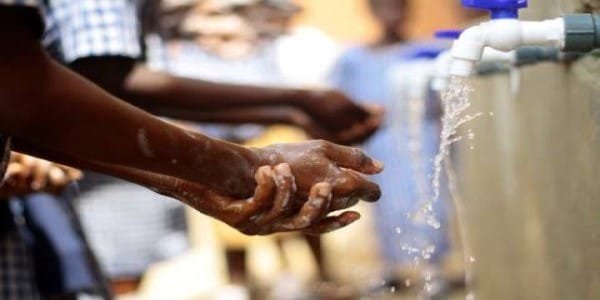By Juliet Jacob Ochenje
The World Health Organisation (WHO) has said half of the world’s population still does not have adequate access to safe drinking water, sanitation and hygiene (WASH) which could have prevented at least 1.4 million deaths and 74 million disability adjusted life years in 2019.
This was contained in the latest report by the World Health Organisation (WHO) and an accompanying article published in The Lancet posted on its official Twitter page on Wednesday.
According to the Director, WHO Department of Environment, Climate Change and Health, Dr Maria Neira, progress have made in WASH service levels in the last 10 years but more work needs to be done to address growing WASH related health risks through conflicts, the emergence of antimicrobial resistance, the re-emergence of cholera hotspots, and the long-term threats from climate change.
DR. Neira explained that diarrhoeal disease accounted for most of the attributable burden, with over one million deaths and 55 million Disability-Adjusted Life Years (DALYs). The second largest contributor was acute respiratory infections from inadequate hand hygiene, which was linked to 356,000 deaths and 17 million disability-adjusted life years (DALYs).
Dr Maria also said that among children under five, unsafe WASH was responsible for 395, 000 deaths and 37 million DALYs, representing 7.6% of all deaths and 7.5% of all disability-adjusted life year DALYs in this age group. This included 273, 000 deaths from diarrhoea and 112, 000 deaths from acute respiratory infections.
“These diseases are the top two infectious causes of death for children under five globally,” she disclosed.
Furthermore, she stated that three-quarters of all WASH-attributable deaths occurred in the WHO African and South-East Asia regions, while 89% of attributable deaths were from low- and lower-middle income countries. However, even high-income countries are at risk, as 18% of their diarrhoeal disease burden could be prevented through improved hand hygiene practices.



